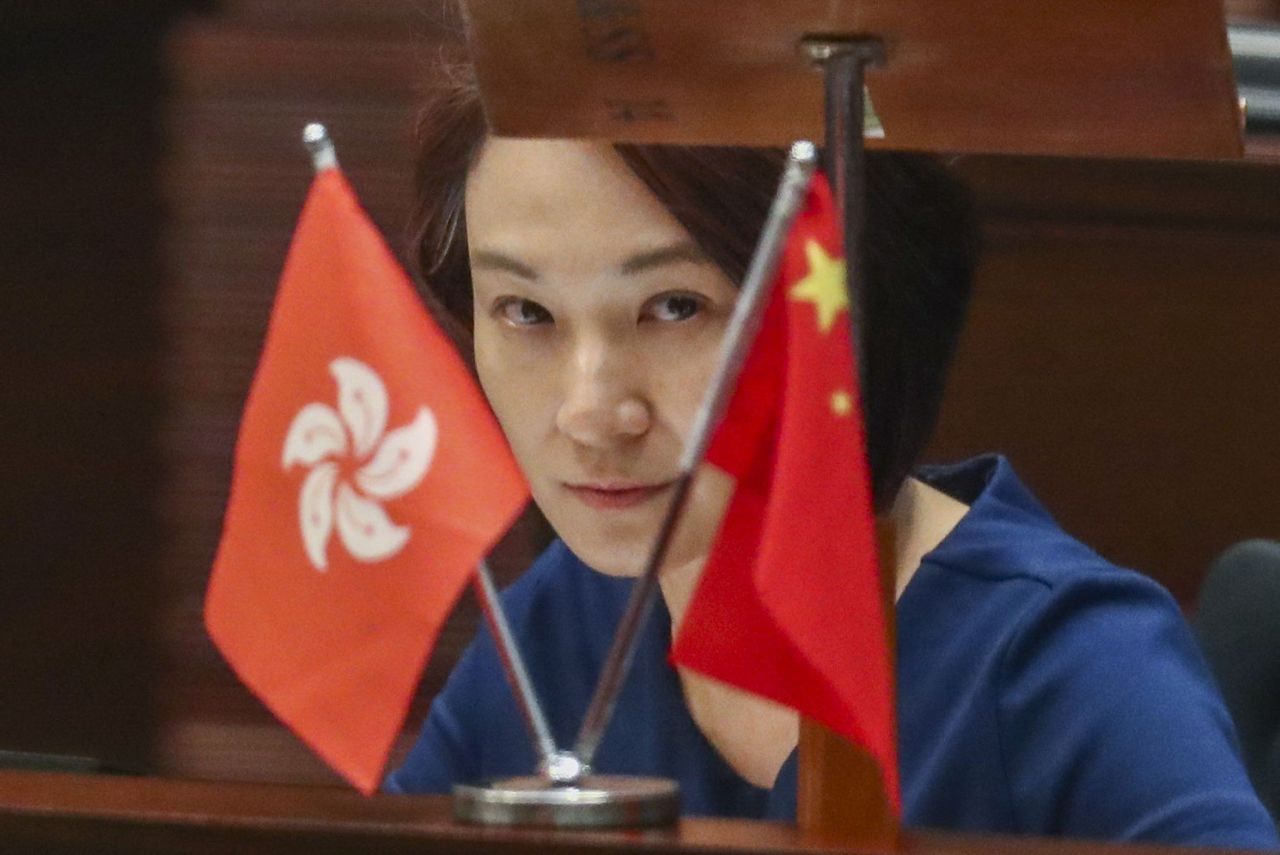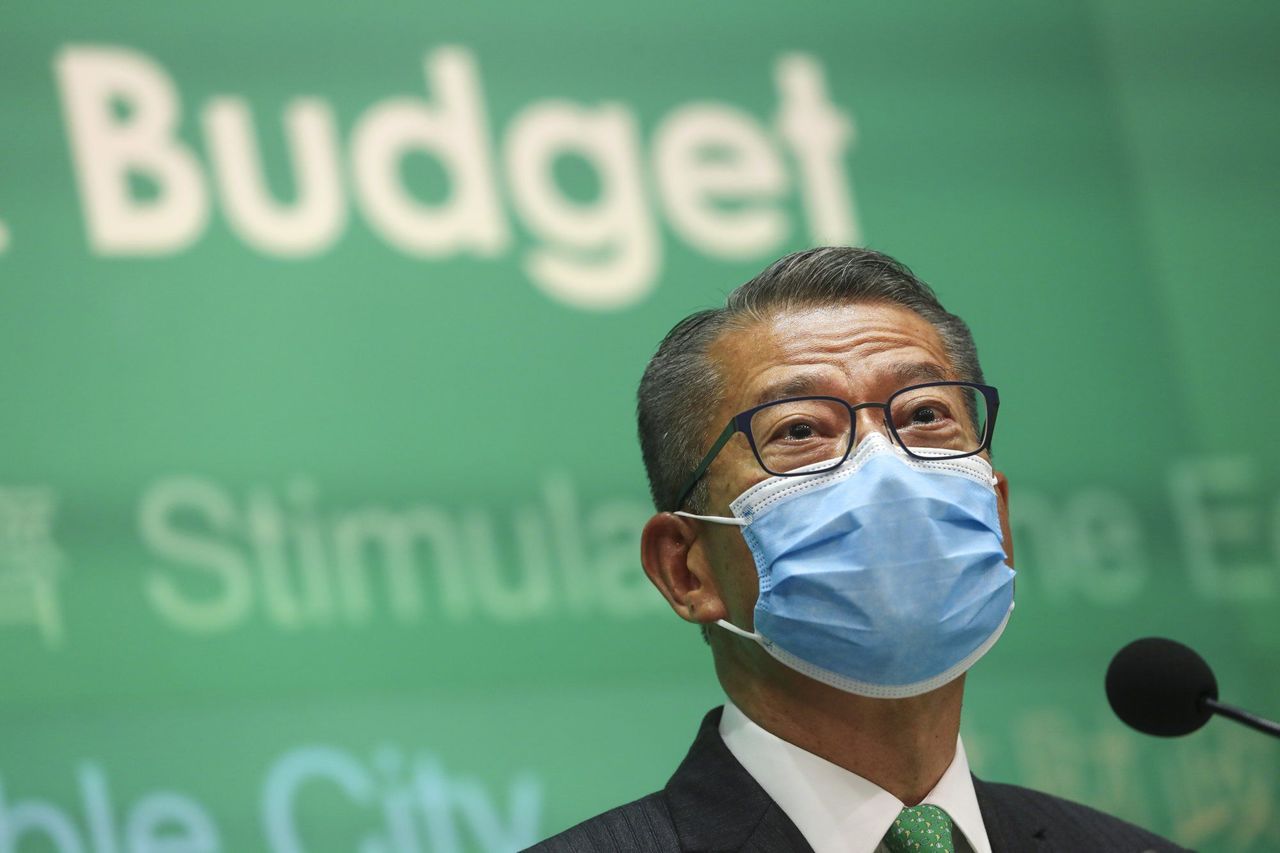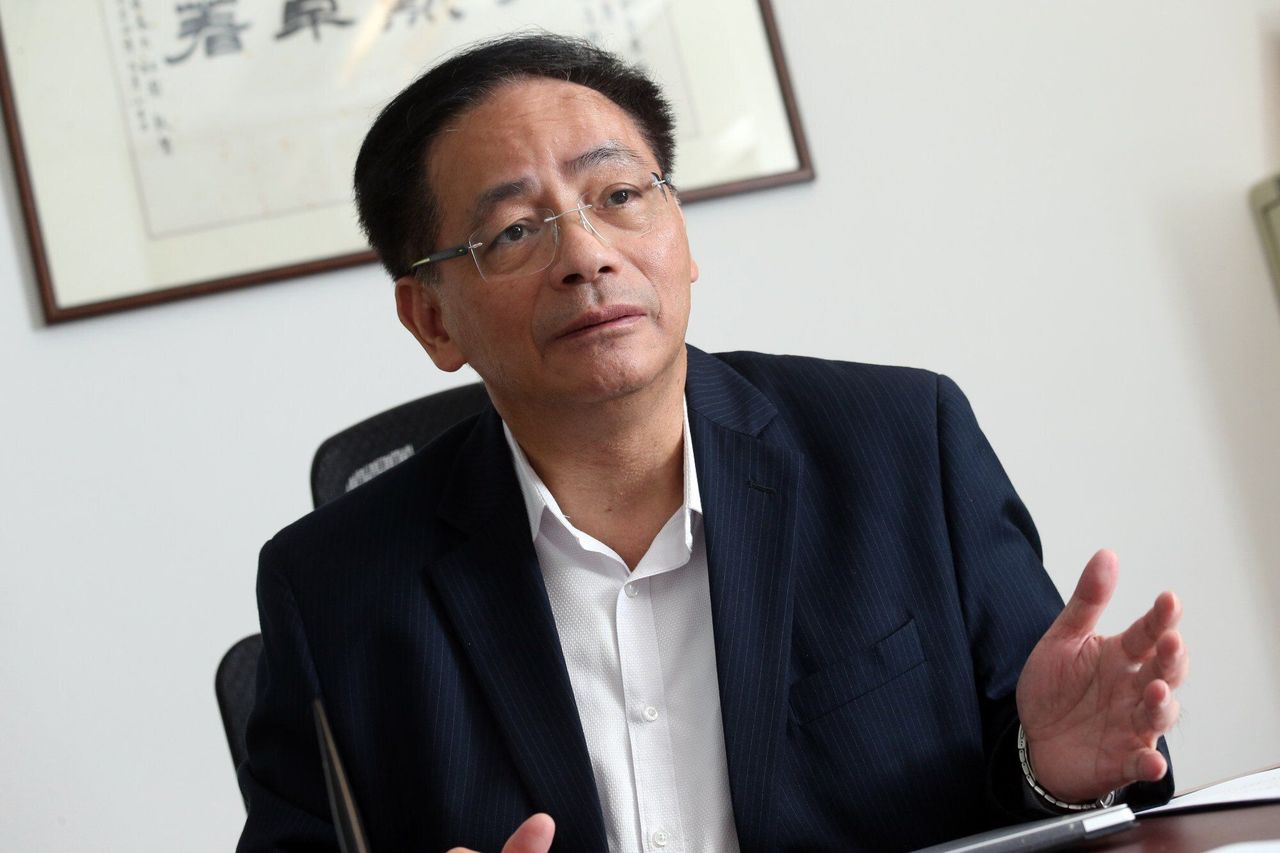Hong Kong News

Beijing loyalists in Hong Kong weigh options on attending key political meetings
Beijing loyalists in Hong Kong who have been invited to the nation’s two most important annual conferences next month are weighing their options, after being told they have to undergo a seven-day quarantine in the neighbouring city of Shenzhen before being allowed to fly into the capital.
Some who wear an extra hat as a legislator in the city are concerned whether it is advisable to be away when Hong Kong is battling a surge in coronavirus infections, noting that the financial chief is expected to unveil the annual budget on Wednesday.
Others running their own business fear urgent matters could arise during their extended absence.
The quarantine arrangement was revealed on Friday by political heavyweight Tam Yiu-chung, the city’s sole delegate to the National People’s Congress Standing Committee, the country’s top legislative body.
He left on Saturday for Shenzhen, where he will serve his isolation, before flying to the capital to attend the two sessions, also known as lianghui.
The two sessions refer to the yearly meetings of the country’s top legislature, the National People’s Congress, and advisory body, the Chinese People’s Political Consultative Conference, which will begin officially on March 4. The two bodies will lay out the blueprint that shapes the most critical aspects of the country, from the military and trade to the environment and economy.
Hong Kong has 36 deputies who are members of the NPC and 202 delegates invited to the advisory body’s conference.
Last year, they were only required to get tested in Shenzhen before heading to Beijing the following day.
The Post found that 18 of them also served as members of the city’s Legislative Council, including president Andrew Leung Kwan-yuen.
It has been a tradition for the local legislature to make way for the national political gatherings, suspending major chamber meetings while the Beijing conferences are in session.
While Legco will continue to do so this year, the additional quarantine period edges unexpectedly close to meetings needed to scrutinise the city’s annual budget, as lawmakers also brace themselves for any government-initiated contingency plans coming their way.
At least three lawmakers told the Post they would be skipping the two sessions, with one of them, Tony Tse Wai-chuen, citing family reasons. A fourth said he remained undecided.
 Legislator Starry Lee says she has asked to be excused from the advisory body’s conference.
Legislator Starry Lee says she has asked to be excused from the advisory body’s conference.
Legislator Starry Lee Wai-king, chairwoman of the House Committee which is in charge of prioritising bills, said she had already asked to be excused from the advisory body’s conference.
“The government may invoke the Emergency Regulations Ordinance and other bills and the Legislative Council will have a role,” said Lee, referring to the chief executive’s announcement on Friday that she would invoke such emergency law to postpone the city’s leadership race, originally scheduled on March 27, to May 8.
“I will stay in town to help fight the pandemic,” she said.
Other legal amendments in the pipeline included the government’s plan to outlaw employers’ attempts to sack staff who missed work because of testing or quarantine, while allowing bosses to dismiss employees who failed to show up at work vaccinated.
Lawmaker Martin Liao Cheung-kong, a deputy to Beijing’s top legislature, said he had also decided to stay put.
“As [President Xi Jinping] has already directed a few days ago, effective control of the pandemic in Hong Kong must take precedence over everything, and we need to deploy everything within our power to fight the virus and contain it,” he said.
Earlier this week, Xi, in a rare move, instructed the city’s officials to make the fight against the pandemic their “overriding priority”.
Hong Kong confirmed 6,063 coronavirus infections and reported another 7,400 preliminary-positive cases on Saturday.
 Financial Secretary Paul Chan.
Financial Secretary Paul Chan.
Financial Secretary Paul Chan Mo-po is expected to announce the city’s annual budget on Wednesday and meet members of Legco’s Finance Committee the following day.
All 18 lawmakers who are invited to the Beijing conferences are members of the committee and one of them, Michael Tien Puk-sun, said he was still deciding, even with the chamber meetings suspended for the coming weeks.
“I still have a lot of questions I would like to ask in the subcommittees,” he said. “As a lawmaker, I have a responsibility to follow up on the budget which will be announced on Wednesday.”
But lawmakers Lai Tung-kwok, Rock Chen Chung-nin, Jeffrey Lam Kin-fung and Ng Chau-pei told the Post they were ready to leave on Thursday, the latest by which delegates were required to set off.
“I shall go. No hesitation. This is my duty. Quarantine is not a problem at all,” Lai said.
Lam said they were only leaving a day after the budget was to be delivered.
All three said they could tune into the Legco meetings online, as the events would be conducted virtually, even though this could give rise to other uncertainties.
The Legco guideline provided to lawmakers currently says they have to attend the meetings in Hong Kong.
Among the wider group of delegates is Anthony Wu Ting-yuk, chairman of Sunrise Diagnostic Centre, one of the companies the Hong Kong government is relying heavily on to carry out testing work. He could not be reached for comment on whether he would attend the two sessions.
 Lawmaker Ip Kwok-Him.
Lawmaker Ip Kwok-Him.
Another member of the advisory body, who spoke on the condition of anonymity because of the sensitivity of the matter, said many Hong Kong delegates had businesses to run in the city and setting weeks aside for quarantine would be difficult.
Ip Kwok-him, an NPC deputy, said he would not miss the sessions.
The seven-day requirement was shorter than those faced by other Hongkongers entering mainland China for either business or travel purposes, he said, but added that it might be difficult for those who had other engagements in the city to spend an extra week away.











